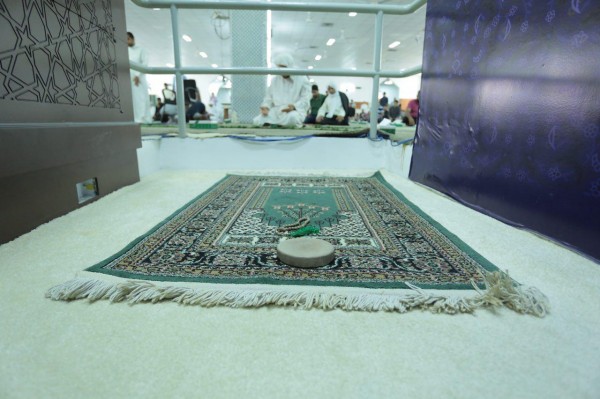(AhlulBayt News Agency) - The regime forces closed roads leading to the Imam Sadiq (AS) Mosque, preventing them from gathering for prayers.
It was the 35th consecutive week the regime prevents Shia Muslims from performing Friday prayers in the village.
The worshipers then staged a demonstration to express their outrage over the measure.
They chanted slogans against Al Khalifa dynasty, calling for an end to the regime's crackdown on revolutionaries.
Since June last year, Diraz has been witnessing a sit-in held by dozens of citizens in protest against authorities’ decision to strip prominent Shia cleric Ayatollah Sheikh Isa Qassim of his citizenship.
Meanwhile, prominent cleric Sheikh Muhammad Jawad al-Shahabi was released Friday after spending six months in the regime’s jails.
Since February 14, 2011, thousands of anti-regime protesters have held numerous demonstrations in Bahrain on an almost daily basis, calling on the al-Khalifa rulers to relinquish power.
In March that year, troops from Saudi Arabia and the United Arab Emirates, themselves repressive Arab regimes, were deployed to the country to assist Manama in its crackdown on protests. Hundreds of Bahraini activists have been imprisoned and suppressed.
On June 20, Bahraini authorities stripped Sheikh Qassim of his citizenship, less than a week after suspending the al-Wefaq National Islamic Society, the country’s main opposition bloc, and dissolving the Islamic Enlightenment Institution founded by Qassim, and the opposition al-Risala Islamic Association.
Over the past few weeks, demonstrators have held sit-in protests outside Sheikh Qassim’s home to denounce his citizenship removal.
Bahrain has also sentenced Sheikh Ali Salman, another revered opposition cleric, to nine years in prison on charges of seeking regime change and collaborating with foreign powers, which he has denied.
Sheikh Salman was the secretary general of the al-Wefaq National Islamic Society, which was Bahrain’s main opposition bloc before being dissolved by the regime.
Things actually seem to be getting worse. The country’s only remotely critical newspaper, Al Wasat, which was shut down in 2011, has now been ordered by the government to close its online edition too after criticizing the executions.
/106

